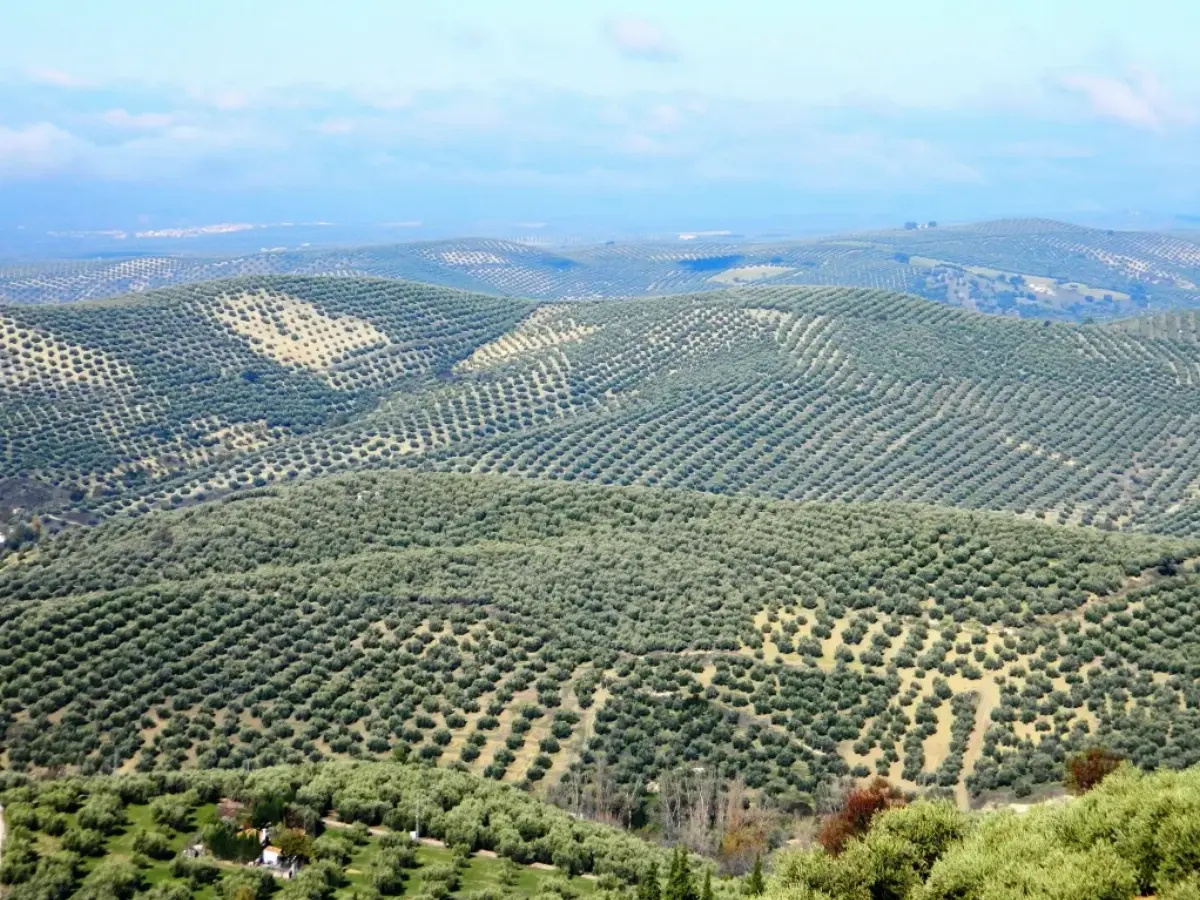
Private equity bets on spanish and portuguese olive oil
Investment boom in olive groves guaranteeing big returns after prices double since early 2023

Private equity firms are taking aim at olive farms in Spain and Portugal. The reason is quickly said: because they are using new farming techniques to boost production, seeing big profits after prices doubled since early 2023. Investments are being made to create modern, super-intensive olive groves in a country where most farms are made up of small producers who harvest manually and work collectively to produce extra virgin olive oil.
Spanish fund manager Beka Finance, for example, launched its first fund with Portuguese industry partner Bolschare to invest in superintensive olive and almond cultivation. Encouraged by its bet on rising prices, Beka expects returns of up to 20 percent from the new fund, up from the initial 11 percent over 10 years offered to investors.
Canadian agricultural specialist Fiera Comox Fund has agreed a share purchase agreement with Cibus Capital to buy Spanish olive oil producer Innoliva this month. "Private equity funds are interested in modern olive groves that use technology to grow olive trees at very high densities," points out Jorge Pena, president and ceo of Innoliva.
Innoliva grows about 8,000 hectares in Spain and Portugal using techniques that allow it to plant 2,000 small trees per hectare, compared to 200 trees in traditional plantations. It also relies on smart irrigation systems and mechanical olive harvesting to be more productive and efficient. Beka Fund, for its part, has also invested in 1,200 hectares of olive groves in Portugal, where it has secured irrigation from a reservoir.
"There is more and more interest in investing in this sector-a well-managed farm is a good deal," explains Fernando de la Vega, managing director of Beka Finance. The manager predicts that olive oil prices will remain above the fund's initial forecast.
In Spain, according to official data, the price of extra virgin olive oil has doubled since the beginning of the year, reaching 8.20 euros per kilo this september: meanwhile, production has halved, mainly due to the drought. According to Ocu, the spanish consumer watchdog, in some Spanish supermarkets, bottles have been selling for more than 10 Euros since August. Not only that. According to a statement this week from Deoleo, the world's leading bottler of olive oil, while consumption in Spain and Italy has plummeted due to rising prices, demand in the United States remains strong.
The Beka & Bolschare Iberian Agribusiness Fund based its initial forecast on a historical average olive oil price in Spain of 2.7 euros per kilo: the most conservative forecast is that olive oil prices will be above 7 euros per kilo by the end of the year, even if rainfall improves. In all cases, prices will be above 5 euros per kilo next year.
In short, Spain, the world's largest olive oil producer, relies mainly on rainfall to "irrigate" its olive groves: the current drought will generate a similar harvest in 2024, according to estimates by several Spanish olive oil producers.
EFA News - European Food Agency